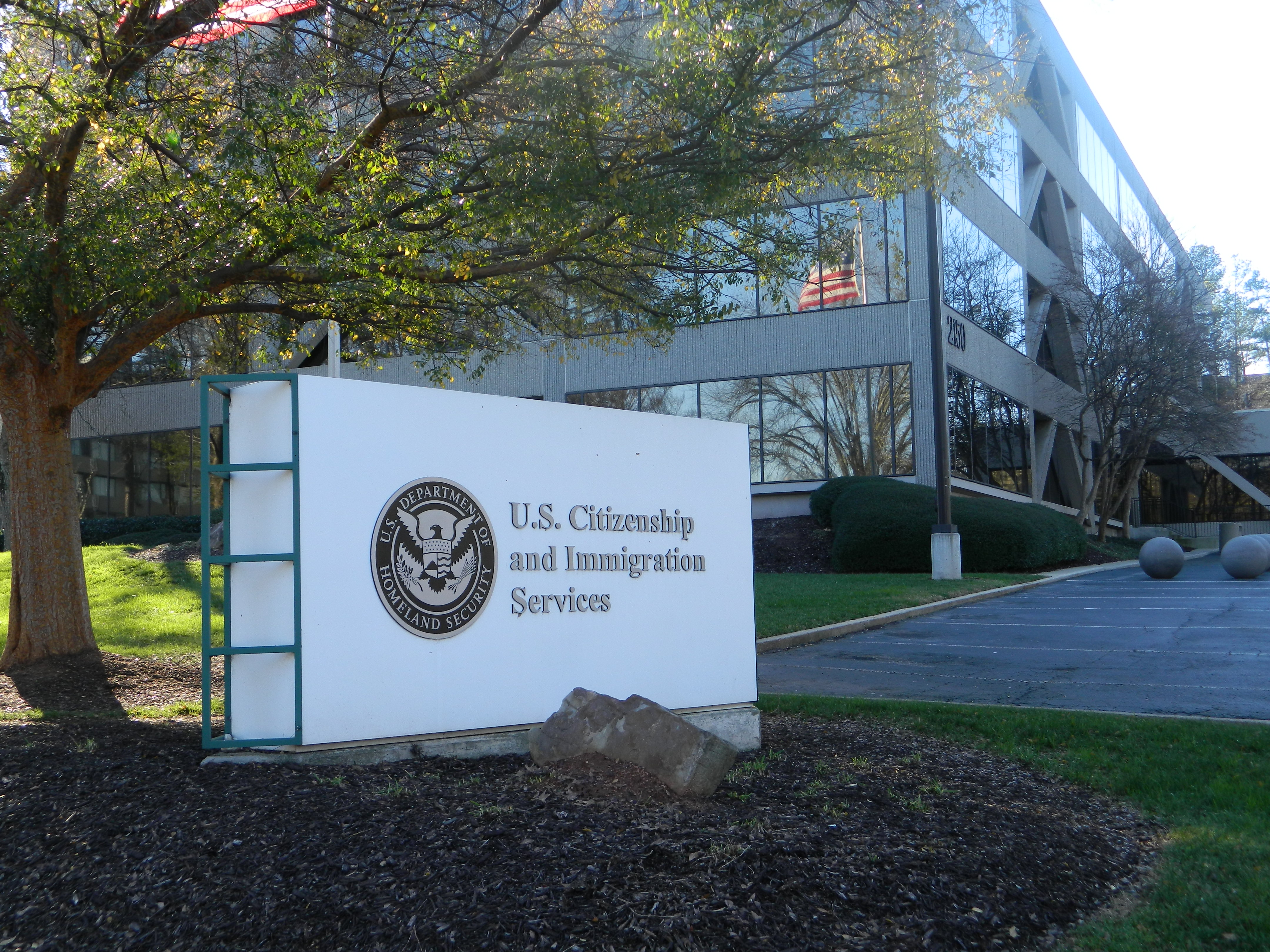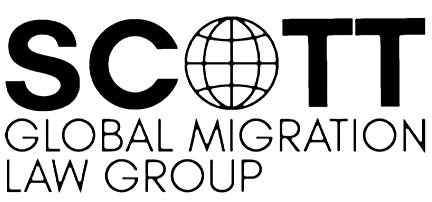
Despite the Trump administration’s failure to secure funding for a United States border wall, an “invisible wall” of new USCIS policies has resulted in unprecedented delays for those seeking legal immigration to the country.
On January 30th, the American Immigration Lawyers Association (AILA) reported that the USCIS “net backlog” had bloated to over 2.3 million delayed cases at the end of FY 2017. The applications in question encapsulate everything from family-based green cards, to visas for human human trafficking victims and petitions for immigrant workers.
In recent years, the Trump administration has enacted a number of policy changes that have only exacerbated delays within USCIS. Some of these include:
- Rescinding guidance that directed USCIS personnel to give deference to prior determinations when dealing with employment based extension petitions involving the same position and employer, causing needless delays by reexamining cases that have already been satisfactorily assessed.
- Establishing a new in-person interview requirement for employment-based green cards and Form I-730, Refugee/Asylee Relative Petitions.
- Overhauling refugee case adjudications, which according to AILA brings “the processing of many of these applications to a virtual standstill.”
Needless to say, these delays put strain on immigrants and their families, as well as U.S. businesses. AILA notes: “Even with ‘auto-extensions’ of certain employment authorization documents, delays can result in job loss or the inability to work for extended periods of time, leaving families in financial distress.” Moreover, “Increased delays in the adjudication of employment-based benefits have undermined the ability of U.S. companies to hire and retain essential workers and fill critical workforce gaps.”
Those currently experiencing delays with their own USCIS applications should consider adopting a new strategy based on these policy changes. In addition, working with an experienced immigration lawyer who is abreast of these changes and understands how to prepare for delays could make the difference in the application process.
